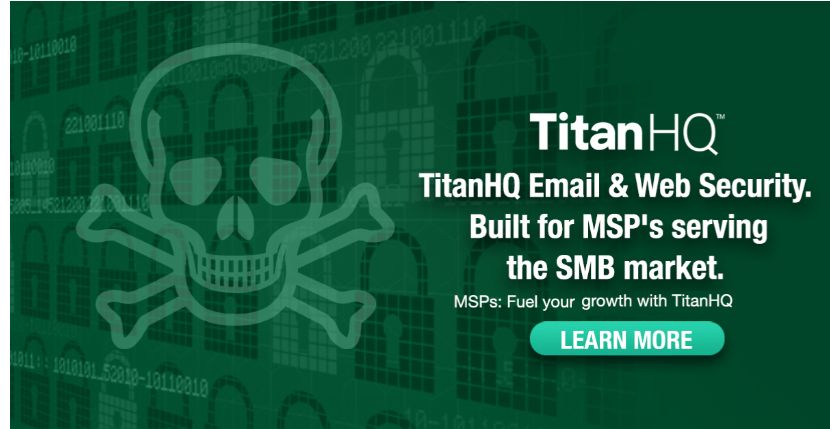Posted by Trevagh Stankard on Thu, Dec 2nd, 2021
Technology and attack vectors constantly change, making it even more important for a Managed Service Provider (MSP) to adapt to the evolving cyber landscape. A successful MSP will stay flexible to the changing landscape so that their customers always have the best support available with advanced technology. The way an MSP supports customers widely depends on available technology, and a few newer options can give MSPs the flexibility to offer customers the best IT support.
Zero-Trust Network Policies
A zero-trust network changes the way a system authorizes user access. Because many users now work from remote locations, basic user authentication is not enough to protect corporate data. A zero-trust network does not assume that a local user authenticated into the system should automatically be trusted with internal data. The system will validate authorized access for every request rather than assume previous authentication and authorization is valid.
A Virtual Private Network (VPN) for remote access is often a required compliance standard, but a user connected using VPN is not enough for secure access. You can still use a VPN for access, but a zero-trust model only grants access based on sessions rather than user account authentication. When the user account is no longer active, the session is terminated. The user must then re-authenticate and create a new session to access network resources again.
User authentication and authorization must be granular, meaning users should only be given access if they need it to perform job functions. Authorization access is given with the least privilege rule, meaning user access is only given to data necessary for productivity. Should the user move to a different job, authorization is reassessed and old privileges revoked if they are not necessary.
Cloud Integration
With more users working from home, the cloud is beneficial for any organization. The cloud gives users access to corporate software and infrastructure from anywhere in the world provided that they have an internet connection. For corporations, the cloud offers a secure and reliable way to host applications and infrastructure to support remote employees and customers.
For an MSP, the cloud is the most beneficial tool. Instead of supporting on-site infrastructure requiring advanced technology for remote access, an MSP can provision technology across the organization and regions based on location. Cloud providers support data centers across geographic regions, so an MSP can provision resources for employees and customers based on their client location.
Access controls and identity management will integrate with the corporate on-premises network. An MSP might need to support some on-premises resources on-site and in-person, but MSP personnel can support cloud resources remotely. Any scaling or additions in infrastructure can be much more easily provisions and monitored without excessive overhead. It also gives MSPs the ability to maintain infrastructure from one location on the cloud provider’s dashboard.
Endpoint Security
With cloud integration and remote users, the organization increases risk. Any new resources provisioned and accessible to users will add a security risk. These new resources expand the organization’s attack surface. Most organizations consider servers and APIs as endpoints only, but user devices are endpoints with access to the network. User smartphones, computers, tablets, and laptops could be an entry point for an attacker.
Just like adding cloud resources increases the organization’s attack surface, adding user devices also increases the organization’s attack surface. It only takes one compromised device to harm data privacy and security, so an MSP must ensure that these devices have antivirus, anti-malware, and the right security tools installed.
One method of protection is building an endpoint detection and response (EDR) system. These tools provide ways to protect data stored on user devices, but it will provide remote access to wipe data should the user lose the device through theft or misplacement. Other tools that can be installed on endpoint devices include monitoring services, drive encryption for file storage, and a central location for approved applications.
Monitoring and Incident Detection
Monitoring is necessary for any infrastructure so that an MSP can respond quickly to a security incident. Cloud providers offer monitoring services for every resource, and logging can be used to analyze usage and help an MSP detect anomalies. Logs can be aggregated and stored in one location in the cloud for easier analysis.
For every resource, an MSP must take additional security precautions to ensure the stability and reliability of infrastructure and its data. The cloud offers easier access to advanced technology, but an MSP must have the resources and forethought to include the tools and software necessary to manage it.
TitanHQ’s MSP program, TitanShield provides industry-leading cloud-based security solutions. The TitanShield Program allows partners across various sectors to take advantage of TitanHQ's multi-tenant cloud-based platform, proven technology and accessible APIs so that they can sell, onboard, manage and deliver our advanced network security solutions directly to their client base. Learn more about the TitanShield program today.




